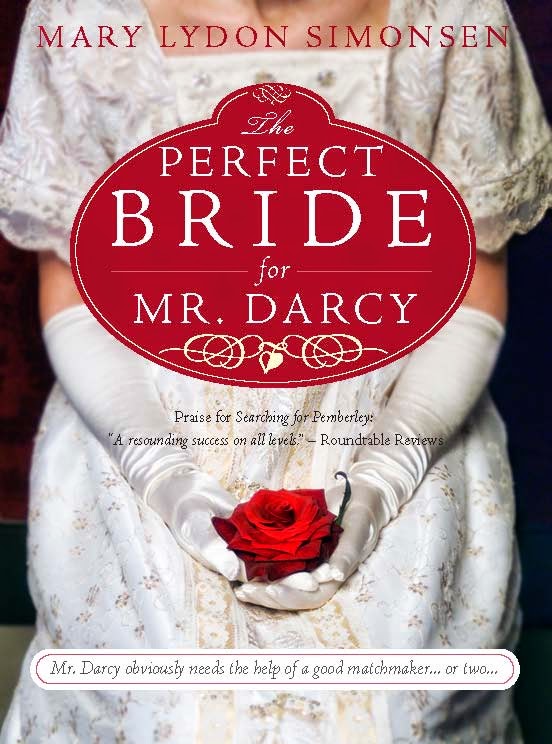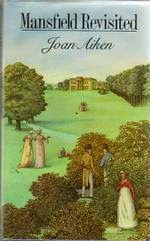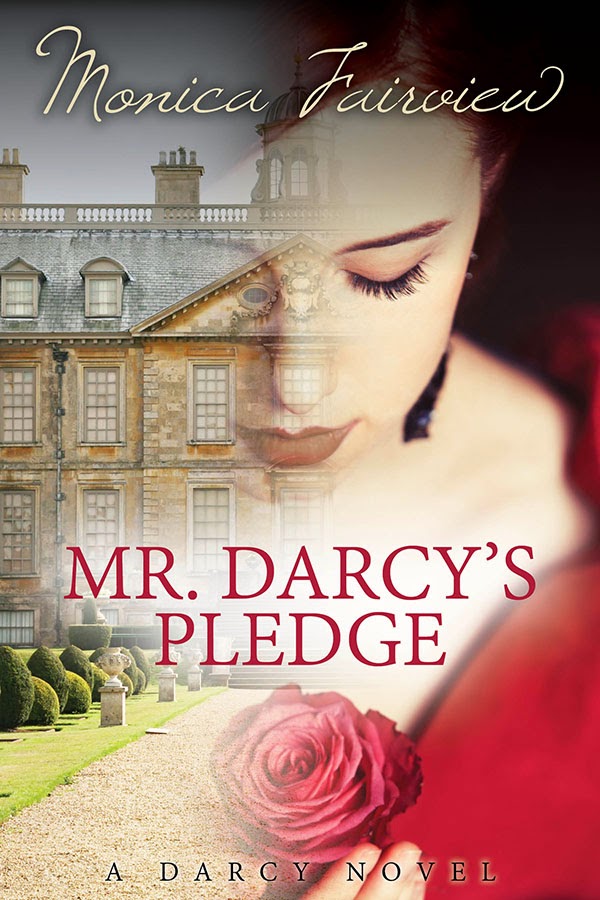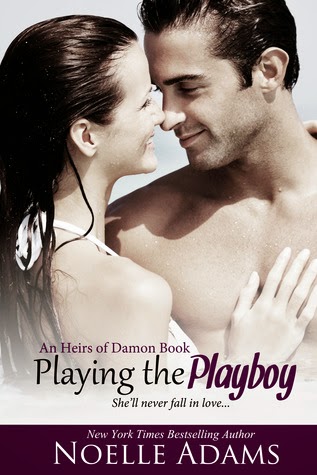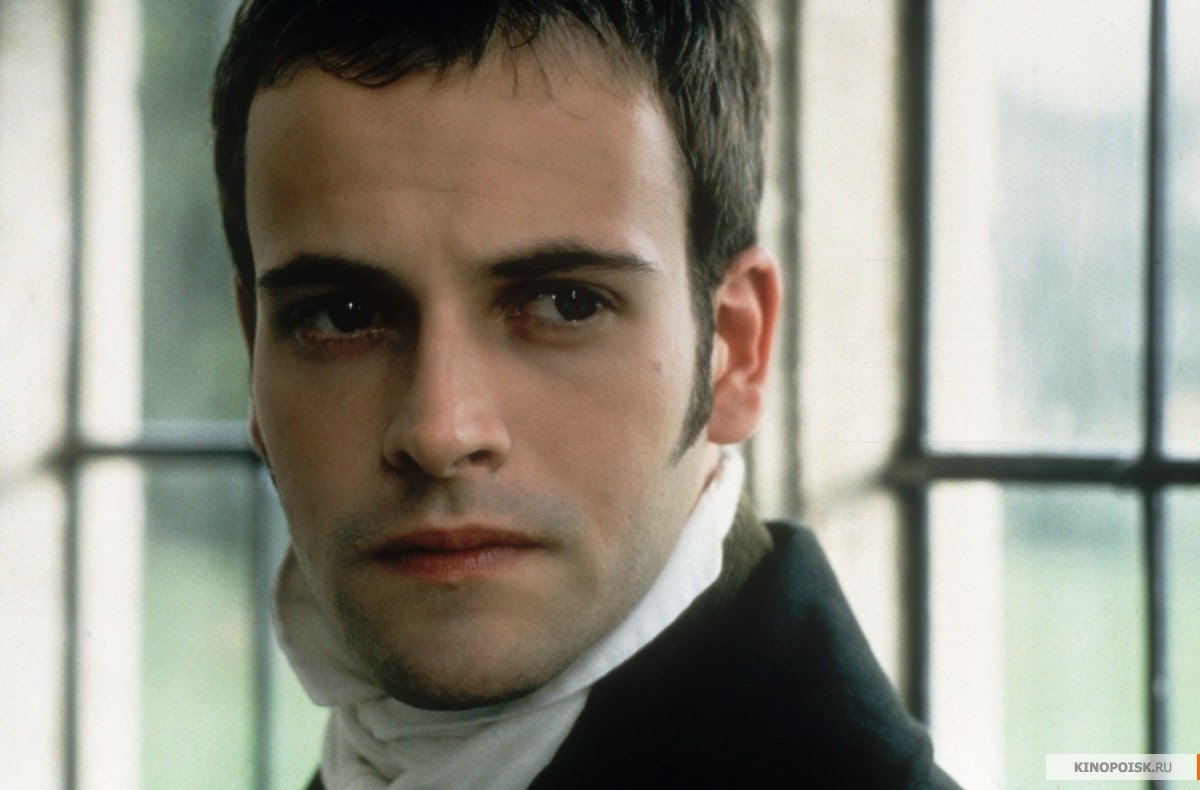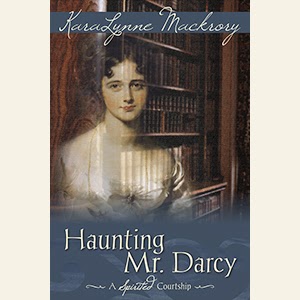I am very pleased to be hosting the first stop on the blog tour for
Haunting Mr Darcy: A Spirited Courtship by KaraLynne Mackrory which is brought to you by
Leatherbound Reviews. We have a very tantalising excerpt to share with you today, so without further ado I will pass you over to KaraLynne.
***
Hello
Darling Janeites!
It is my pleasure to present to you
an excerpt from my recent release, Haunting
Mr. Darcy: A Spirited Courtship. In this book, our favorite hero and heroine
have their fated happily ever after jeopardized by a carriage accident that
sends Lizzy almost to her death. So Fate
must step in and the result is that Elizabeth is somehow transplanted in her
spirit form to Mr. Darcy’s London library.
This phantasmal of events is only the beginning of the otherworldly
magic. Before they can right this mix
up, one must learn to love the other, and the other must overcome his
pride.
The result is a hilarious (and swoon-worthy)
series of moments between our two characters.
In the scene below, Elizabeth, having just been transplanted to the
library is discovering she has new found abilities – like being able to walk
through furniture. She believes she is
in the most fantastical dream she has ever experienced because she has no
memory at this point of her accident.
And our troubled, adorable, lovestruck Darcy? What other explanation could he have for the
spiritual representation of Elizabeth in his home but that she is a figment of
his deteriorating sanity – a product of his unwanted, irreplaceable and
inexplicable fascination with Elizabeth Bennet.
Heaven help him but what a beguiling way to go insane.
Her
hands were clasped behind her as she bent and read the gold embossed
titles—some from various historic wars, others detailing the lives of the
English monarchs and still others being histories of numerous foreign
countries. Pleased and intrigued, Elizabeth reached for a book, a history of
Italy.
Her
fingers nearly touched the book when she paused, disappointment flooding
through her as she remembered she could not lift the book from the shelf. To be
in a library full of books and not read one sent emotions flooding into her
like nothing she had before experienced. Elizabeth further noticed that, in her
dream world, her emotions were intense and seemingly enhanced beyond her norm.
She
considered the book for a moment, and then her brow rose, and she whispered to
herself as she stood, hand extended toward the book, “I wonder…”
She
allowed her fingers to skim through the book’s spine, and suddenly she was
filled with the words of the book. It was as if they were poured out of a
bucket over her as her thoughts filled with vistas described in vivid detail of
Venetian waterways, conquests of land, and artists of such wonder that she
trembled with pleasure in all its splendor. She pulled her hand back, and it
was if she had experienced the whole book without turning so much as one page.
“Marvelous!”
Elizabeth spoke with excitement, the volume of her voice for the first time
reaching a conversational level.
Immediately
she walked a pace and reached toward a book that lay on a small table. It was a
chronicle of Wellesley’s actions on the continent. She placed her small hand atop
it, allowing her fingers to sink into the leather. Just as before, Elizabeth
was washed with his account of the Battle of Vimeiro, described in graphic
detail as she experienced the British defeat of the French. She pulled her hand
away delighted. Although histories, particularly war histories, were not of
interest to her, she found experiencing this amazing impossibility exhilarating
and the topic rendered exciting for her.
Her
laugh rang out into the silence of the room and echoed off the walls. No longer
able to contain herself with any form of decorum, Elizabeth rushed from book to
book—touching each briefly as she experienced wave upon wave of their secrets.
Of all the enchantments this dream afforded, this was beyond them all, and her
happiness was immeasurable.
Tears
streamed down her cheeks as her emotions overwhelmed her. The feelings were
both spectacular and indescribable. Such an otherworldly marvel suited her
exactly in disposition and talents.
Her liveliness and satisfaction expressed
themselves most becomingly upon her face as she explored the library, touching
briefly volume after volume, hardly giving herself enough time to relish in the
blanket of words from one before moving on to the next. It was a beautiful
impracticality and one she wanted to experience as much as possible before she
awoke.
***
Darcy’s
eyes opened in an instant. Disoriented, he was motionless as he stared into the
blackness above him. Slowly his surroundings settled on him again, and he
remembered the ball, the visit from his cousin, and the headache that he was
now happily realizing was gone. He was in his study and had obviously fallen
asleep on the sofa against the wall. A sound woke him, and although he now knew
where he was and how he had arrived there, he still felt disoriented—for the
sound he had heard was as impossible as it was beautiful.
There it is again! Darcy’s head jerked to the side. It seemed to come from the other
side of the wall. That wall divided his study from the library, and the sound,
although muted, had definitely seemed to come from the library! He slowly
pulled his large hands up to his temples and rubbed them; headache or no, he
was imagining things now. The night was full upon him, and he could have slept
only a few hours. The house was deathly silent except for the few times he had
heard the sound. Beyond his belief, he knew that sound to be the enchanting
sound of Miss Elizabeth Bennet’s laughter.
His
body tense, Darcy strained to listen to the darkness around him. For a while,
there were no more sounds, and he began to relax back into the cushions of the
sofa. Its shorter length was not comfortable for his tall frame, but
nevertheless his fatigue gave way. Darcy rubbed his face and expelled a heavy
breath through his fingers. He was obviously weary and needed more sleep.
Having come home from the ball frustrated, still beholden to his memory and
infatuation with Miss Bennet, it was no wonder he had fallen asleep thinking of
her and no strange thing still that he would imagine her laughter like the
remnants of a dream drifting away as he woke.
Darcy
turned on his side, trying to make better purchase of the small space. He
considered that he ought to go to his chambers but was too drowsy to make the
effort. His muscles were just beginning to melt against the comfort of the sofa
when he heard the sound again, louder this time and distinctly realistic. His
eyes snapped open, and he sat up immediately. The disconcerted gentleman rubbed
his hands through his hair and then against his ears as if to dislodge the
frantic feelings coursing through him. Darcy stood then and walked directly to
the door leading to the library.
He
knew it was foolish, ridiculous and insane, but he also knew he had heard that sound this time. He looked down at his naked
feet and detected no other light coming through the gap beneath the door. The
library would be empty, the hot coals of the fire likely on their last hour of
warmth. There was no way Miss Elizabeth Bennet could be on the other side. And
yet idiotically he yearned. He leaned his forehead against the door and
breathed deeply. He needed to govern himself and his silly obsession. His
overtired state, too, was surely to blame, and yet he could not help feeling a
profound disappointment in himself as he found his hand reaching for the
doorknob anyway.
And
then it happened; the sound—the most bewitching, delicious sound he knew—wafted
through the door once again to reach his ears as he sighed in contentment.
Insane or not, it was a sound distinctly created to pull at his heart, addle
his mind, and in the immediate case, propel him through the door.
His
eyes were drawn immediately to the glow before him. His Elizabeth, swathed in
ethereal glory, stood facing him. His eyes devoured her beauty, breathing in
her delicate features and settling it all with contentment inside him. She
looked as she ever did except for the radiance of her person. Her hair was
pulled up in a magnificent pile of curls straining for escape, and its
brilliance against her alabaster skin made his breath catch. She stood next to
a bookshelf, her hand extended towards it. It was not until his eyes drifted up
to behold her fine eyes—eyes as familiar as the heart beating in his chest—that
he allowed himself to contemplate the truth of the matter before him. He was
imagining her in perfect detail, and his infatuation with her had surely
reached proportions beyond sanity.
He
watched as she immediately lowered her eyes, breaking their gaze, and with
confusion written all over her face, dipped into a perfect curtsey. He smiled
at it all. His muddled state did not forgo the details, it would seem.
Belatedly, he performed his own bow when he saw that she seemed to expect it.
He almost laughed aloud at the absurdity.
His
heart beat faster, and although a fear was beginning to assert itself in his
mind that he was headed to Bedlam, he could not but be pleased with his source
of insanity. He laughed aloud, causing Elizabeth to startle from her frozen
state and speak. I am surely attics to
let! For her voice sounds just as I remembered!
***
“Mr.
Darcy!” Elizabeth exclaimed; equal parts confusion, chagrin, and disappointment
battling for precedence within her breast.
This
was her dream, for heaven’s sake, and who is to show up and ruin it? One
Fitzwilliam Darcy of Pemberley! It was just too much. Like everything else in
her dream so far, it was a mixture of the impossible and astounding. Out of
habit she had curtseyed, and after he finished what seemed to be an exaggerated
and prolonged perusal of her person—Odious
man! —he returned a bow. Now she had spoken, and he seemed rooted in place,
hand on the doorknob, and in complete dishabille.
Elizabeth
was angry that his state of dress—or rather undress—caused her cheeks to heat,
more angry still that she was dreaming of him in such a state, and even more
still that his handsome features were distracting her from her anger. It made
no sense, and she threw up her hands in exasperation.
This
seemed to awaken her unwanted guest who blinked a few times and said, “I cannot
believe it. I should fear for my state of mind, and yet I find myself quite
charmed.”
Elizabeth,
surprised, raised a brow and looked upon him with the same degree of
astonishment. “It is I who should fear for my sanity, sir. For I was having the
most marvelous dream, and then somehow I have stumbled upon a means of stealing
its allure.”
He
seemed to delight in hearing her speak but paid no attention to her words.
Instead, he walked directly to her, much too close for propriety, his stare
boring into her. She took an automatic step backwards but to no avail. He would
come closer. She watched his eyes roam over her face and settle on her lips,
and once again, she experienced the exasperating flush in her cheeks. Could she
not have some control over this dream? Was she to be humiliated in her own
wonderland? She could stand it no more and turned her head away. Her eyes went
wide when she heard his next words.
“You
are every whit as beautiful as I remembered,” he whispered.
I
hope you enjoyed this little tidbit and that you will consider getting your
hands on the book to read the rest of it.
Happy reading all!
Sincerely,
KaraLynne
Mackrory
***
Well I don't know about you but after reading that I want more! There are further excerpts to be shared with you on the blog tour, plus reviews and even some chances to win a copy of the book. Tomorrow the tour will be stopping by My Jane Austen Book Club where there is a guest post and giveaway. Thanks for visiting my blog for the first stop of the tour!
***
Haunting
Mr. Darcy book blurb:
What
happens to the happily ever after when the ever after has already happened?
A
spirited courtship indeed! Jane Austen’s much adored Pride and Prejudice
is transfigured in this regency adaptation. That fickle friend Fate
intervenes when an unexpected event threatens the happily ever after of
literature’s favorite love story. The gentlemen from Netherfield have
left, winter is upon the land and after a horrifying carriage
accident, Elizabeth Bennet finds her spirit transported as if by magic into Mr.
Darcy’s London home. Paranormally tethered to the disagreeable man, it
doesn’t help that he believes she is a phantasm of his love struck mind, not
the real Elizabeth. Somehow they must learn to trust, learn to love and
learn to bring Elizabeth back to her earthly form before it is too late.
Author bio:
KaraLynne
is an amazing mother who never makes mistakes, never gets upset with her
children and never ever has a dirty house. Ever. She always has her dishes done
and the floors spotless and dinner is always prepared and ready on time. Her
kids are always clean, polite, respectful and loving, especially to each other.
She never gets irritated with her husband when he doesn’t turn his socks right
side out for the laundry and they always agree on everything. She delights in
nothing else but to serve her family and never wants or needs time for herself.
She takes great care to shower every day and put make up on so that she is
always beautiful and presentable. She never wears her pajamas all day or for
days in a row and she is the epitome of womanhood. Most of all, she has a great
sense of humor and loves to write.
Falling
for Mr. Darcy (2012) was KaraLynne’s first venture in to the world of book
authorship. Bluebells in the Mourning (2013) came next and
coming in the spring of 2014 is, Haunting Mr. Darcy: A Spirited
Courtship. Although, admittedly a Darcy addict, she enjoys many
things, such as: Mr. Knightly, Edmund Bertram, Captain Wentworth, Mr. Tilney
and John Thornton. She is happily married to her own Mr. Darcy and
together they share the insanity inducing responsibility of raising four
children.

